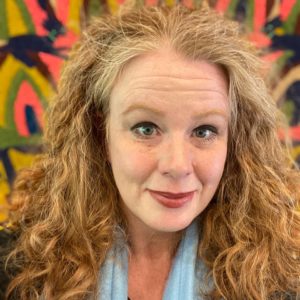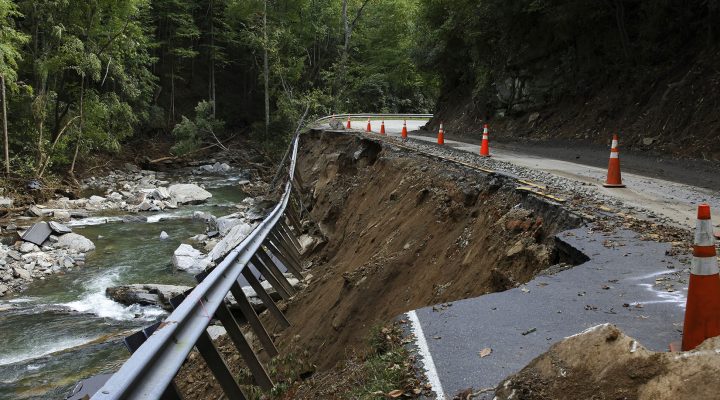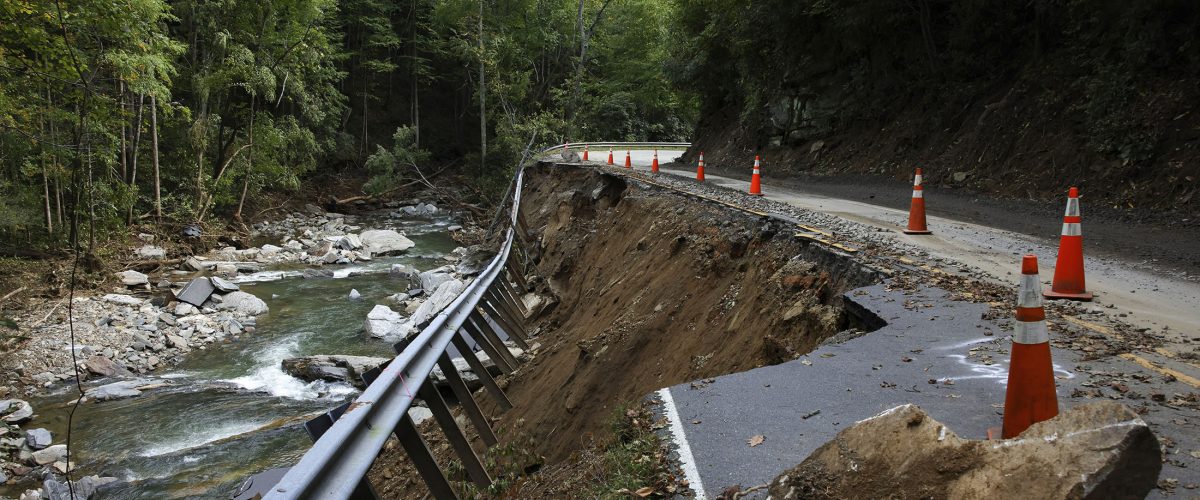“No one is talking about politics.”
I saw this assessment of the communities responding to the utter devastation of Hurricane Helene and noted the takeaway was people could put aside differences in crisis.
Being able to work together despite differences in what we believe about the world is indeed something to celebrate. In our most raw moments, most of us want to make sure everyone is safe and has something to eat.

Mary Elizabeth Hanchey
But something about casting off talking about politics feels, well, off. Disingenuous at least. Life-threatening, actually.
I wonder what “talking about politics” means to you?
To me, “talking about politics” means talking about the way we are governed — the way our government behaves and whether this enhances or hinders our well-being.
To me, “talking about politics” means talking about whether our vision for life together celebrates a government that uses its taxing power to provide funding for safety nets and disaster relief.
To me, “talking about politics” means acknowledging decreasing funding for FEMA and NOAA would make understanding and responding to storms more difficult. And that more people would die.
To me, “talking about politics” means talking about the ways properly funding infrastructure and health care and public education impacts our ability to survive and thrive.
To me, “talking about politics” means exploring the relationship between charity and justice and wondering in what ways governance can balance out the inequities and inconsistencies of charity.
To me, “talking about politics” means acknowledging that D-SNAP food relief keeps people alive.
So when we talk about FEMA and the National Guard and D-SNAP and SNAP and school lunches and rebuilding the schools and NOAA and unemployment benefits and public transportation and Medicare and Medicaid and every single safety net, regulation and provision of government resources — including rebuilding roads — that will be required, we are talking about politics.
And we get to choose the vision we want for how we are governed in our life together. Choosing that vision is politics.
I choose safety nets. And I am talking about politics because I believe that’s how we talk about whether and how people stay alive in this country. Because most of us want to make sure everyone is safe and has something to eat.
Also don’t spread false rumors. It’s unbecoming and downright dangerous.
Mary Elizabeth Hanchey is an intentional interim minister based in Durham, N.C. She is a pastor, musician, writer, advocate, coach and consultant. She earned a bachelor’s degree from UNC Chapel Hill, a juris doctorate from the UNC School of Law and a master of divinity degree from Duke Divinity School.


